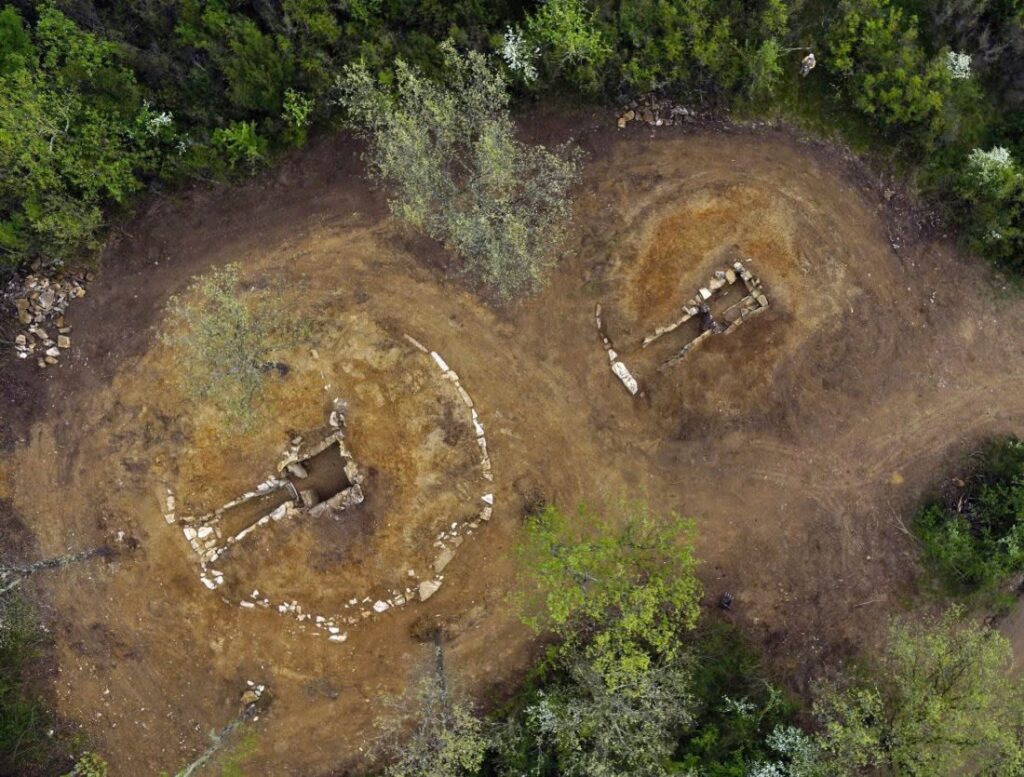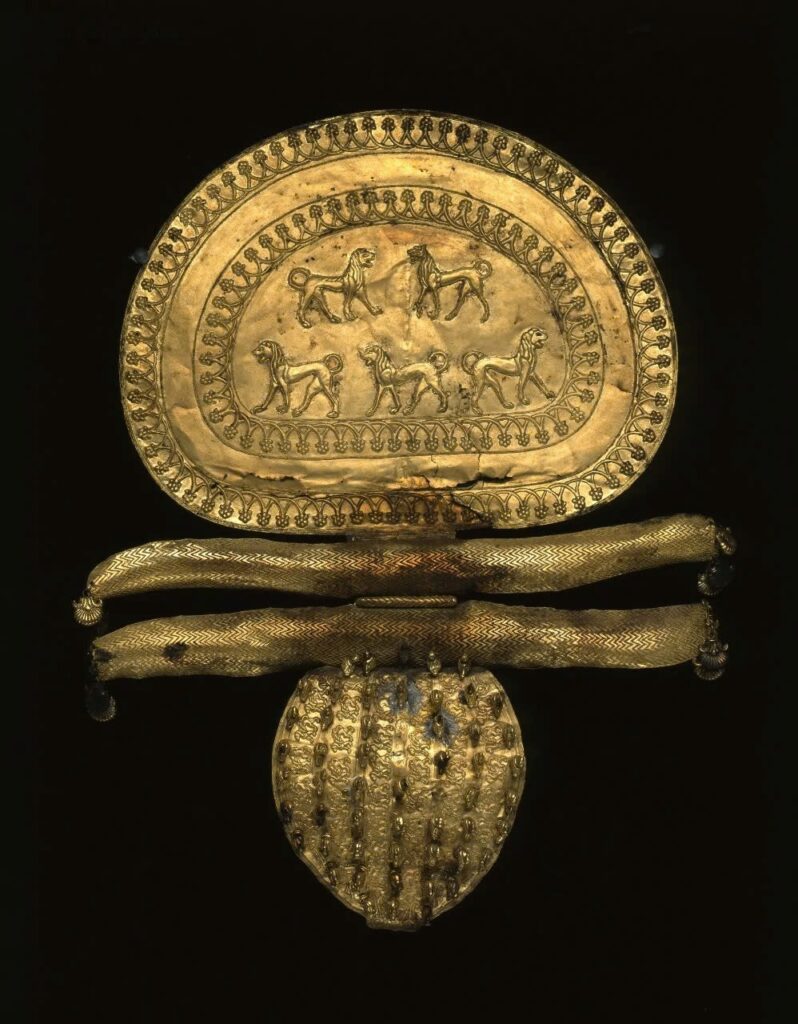Ancient DNA Uncovers the Local Origins of a Complex Pre-Roman Civilization
The Etruscans, a mysterious pre-Roman society that thrived in central Italy, have intrigued historians and archaeologists for centuries. For over two thousand years, their beginnings were cloaked in uncertainty. However, recent advancements in genetic research have provided revelations that challenge established theories about this ancient civilization.

Challenging the Migration Hypothesis
For many years, it was widely accepted among scholars that the Etruscans migrated from the Near East, a hypothesis initially suggested by the Greek historian Herodotus. Yet, a new study published in Science Advances has overturned this belief. By examining DNA from 82 ancient individuals who inhabited central and southern Italy between 800 BCE and 1000 CE, researchers have established that the Etruscans were actually of local descent.

Genetic Connections to Italic Neighbors
This research, conducted by geneticists from renowned institutions such as the Max Planck Institute and the University of Florence, uncovered an unexpected reality: the Etruscans had close genetic ties to their Italic neighbors, including their Roman adversaries. This finding contradicts the previously accepted notion of their heritage being Greek or Anatolian.

A Lingering Linguistic Enigma
One fascinating aspect of the Etruscan civilization is their distinctly non-Indo-European language. Despite sharing genetic similarities with neighbors who spoke Indo-European languages, the Etruscans preserved their unique linguistic heritage. This intriguing discrepancy continues to perplex scholars and necessitates further exploration across various disciplines.

Genetic Changes Over Time
The study not only clarified the origins of the Etruscans but also offered insights into the genetic evolution of the Italian peninsula throughout history:
- Roman Imperial Period: A notable genetic shift occurred due to intermingling with populations from the eastern Mediterranean.
- Early Middle Ages: Following the collapse of the Western Roman Empire, northern European ancestries began to spread throughout Italy.
- Modern Era: The primary genetic makeup of contemporary central and southern Italians largely took shape at least a millennium ago.

The Enduring Influence of the Roman Empire
Professor Cosimo Posth from the University of Tübingen concludes that the Roman Empire significantly impacted the genetic makeup of southern Europeans. This comprehensive study has not only unraveled an ancient mystery but also shed light on the intricate genetic history of the Italian peninsula, enhancing our understanding of both European and eastern Mediterranean populations.
As we continue to explore our historical roots through cutting-edge genetic analysis, who knows what other enigmas of the past we may uncover in the future?

